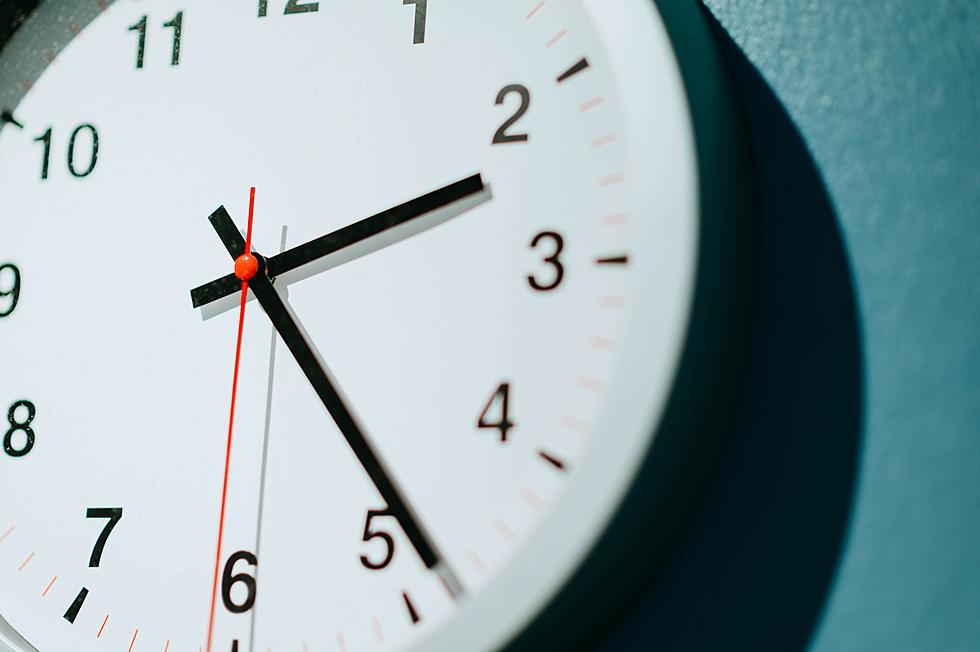
Experiment With the Electrical Grid Could Make Your Clocks Wrong
How many times have you said something like, "I'll see you around 5-ish"..Well, "ish" could become a real time!
Starting in mid-July, your electric clocks and coffeemakers could be running up to 20 minutes fast, and you probably won’t know why.
For the past 80 years, clocks plugged in to an electrical source have kept time based on the rate of the electrical current that powers them. If this current doesn’t keep its usual rate, clocks run a bit fast or slow. Right now, power companies now take steps to ensure the frequency of the current – and the time – is as precise as possible.
However, The Associated Press has learned that in an effort to make the nation’s power supply more reliable, save money and reduce what may be needless efforts, the group that oversees the US power grid is proposing an experiment that would allow more frequency variation than it does now without corrections.
Obviously this won’t affect the clocks in cellphones or computers – but wall clocks, ovens, and coffeemakers may be just a bit off every second, leading to larger errors over time. Different parts of the grid already run faster than others, so over the course of a year, East Coast clocks could be off as much as 20 minutes while West Coast clocks could only be off by 8 minutes.
Or maybe none of it will happen at all. A company spokeswoman said, “any problems from the test are only possibilities.”
And if all else fails, says Tom O’Brian, who heads the time and frequency division at the National Institute of Standards and Technology, the federal government always provides the official time by phone and on the Internet.
More From 92.9 The Lake









